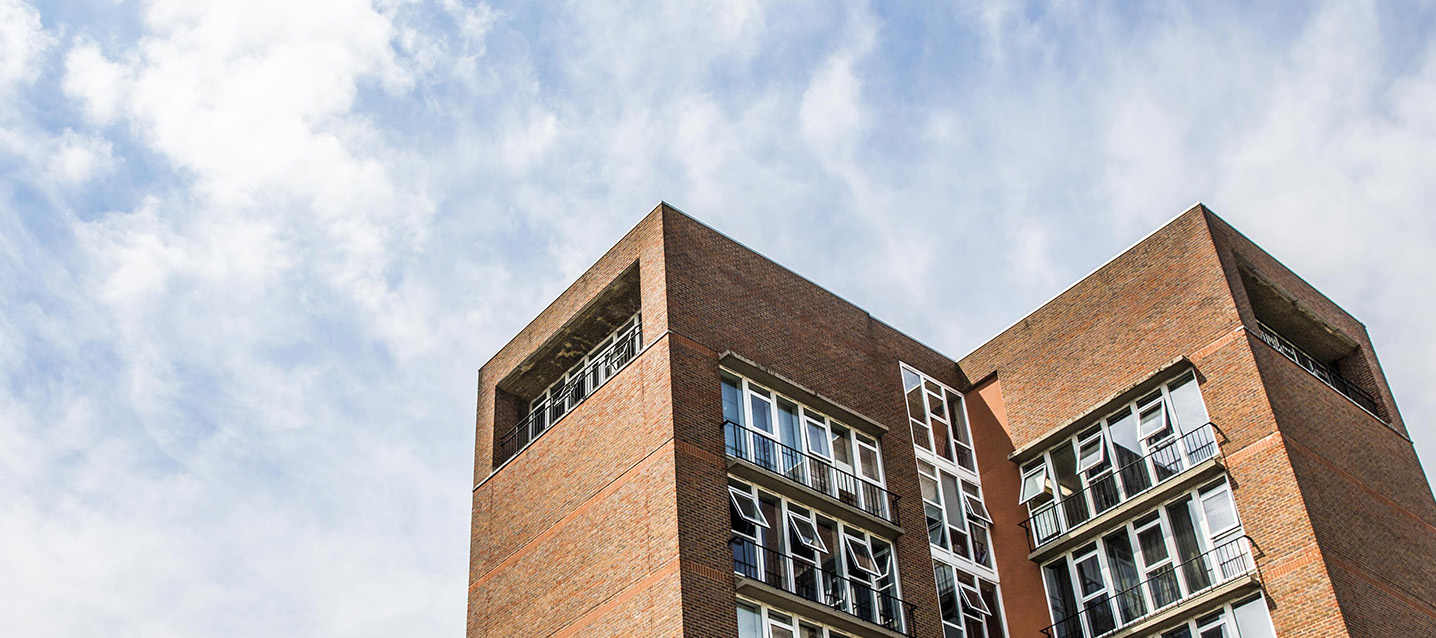At Plashet, we take the health and safety of our young women and staff very seriously, therefore we are continuing to monitor closely and proactively follow advice from the World Health Organisation and Public Health England. There is currently no cause for concern at our school, but we will keep you informed about any developments and ensure we keeping the school clean to prevent the spread of any virus.
What is coronavirus and should I be concerned?
A coronavirus is a type of virus. As a group, coronaviruses are common across the world. Typical symptoms of coronavirus include fever and a cough that may progress to a severe pneumonia causing shortness of breath and breathing difficulties. Generally, coronavirus can cause more severe symptoms in people with weakened immune systems, older people, and those with long-term conditions like diabetes, cancer and chronic lung disease.
What are the signs and symptoms of this new virus?
The symptoms of this new coronavirus (now known as COVID-19) include fever and respiratory symptoms including coughing, sneezing, and shortness of breath. The current evidence is that most cases appear to be mild.
It is crucial that we all continue to follow Public Health England’s advice. The following links relate to information you need to be aware of:
‘Stay at Home Guidance’
https://www.gov.uk/government/publications/covid-19-stay-at-home-guidance/stay-at-home-guidance-for-people-with-confirmed-or-possible-coronavirus-covid-19-infection
‘Protecting Self and Others Guidance’
https://www.nhs.uk/conditions/coronavirus-covid-19/
How does this new coronavirus spread?
Because it is a new illness, we do not know exactly how it spreads from person to person, but similar viruses spread by cough droplets or sneeze droplets. These droplets fall on people in the vicinity and can be directly inhaled or picked-up on the hands and transferred when someone touches their face.
How to help prevent the spread of infection
The recommended steps people should take to protect themselves are the same as those to avoid flu and any other similar respiratory infections. You should maintain good hand, respiratory and personal hygiene. Make sure you and your children follow these general principles to prevent spreading any respiratory virus:
Wash your hands often – with soap and water for at least 20 seconds, or use an alcohol-based hand sanitiser if soap and water are not available.
Avoid touching your eyes, nose, and mouth with unwashed hands.
Avoid close contact with people who are unwell.
If you feel unwell, stay at home and do not attend work or school.
Cover your cough or sneeze with a tissue, then throw the tissue in a bin.
If you do not have a tissue to hand, then cough or sneeze into the crook of your flexed elbow onto your sleeve (not your hands).
Clean and disinfect frequently touched objects and surfaces in the home.
If you are worried about your symptoms, please contact NHS 111 online – do not go directly to your GP or other healthcare environment.
What can I do to reduce my risk of catching coronavirus?
There are things you can do to help stop germs like coronavirus spreading:
Always carry tissues with you and use them to catch your cough or sneeze. Then bin the tissue, and wash your hands, or use a sanitiser gel.
If you do not have a tissue to hand then you should, ideally cough into your flexed elbow rather than your hands.
Wash your hands often with soap and water, especially after using public transport and when returning home from school/work. Use a sanitiser gel if soap and water are not available.
Avoid touching your eyes, nose and mouth with unwashed hands.
Avoid touching other people where you can.
Avoid close contact with people who are unwell.
Facemasks play a very important role in clinical settings, such as hospitals but there is very little evidence of widespread benefit from their use outside of these clinical settings.
The best way to protect ourselves from infections like coronavirus is to wash our hands frequently with soap and water or use a sanitiser gel, as well as always carrying tissues and using them to catch coughs and sneezes, then putting the tissue in a bin.
Corvid-19 Plashet School Closure Plan
The UK is now in the delay phase of the Government’s Coronavirus Action Plan. The UK governments’ planning includes the possibility of having to close schools.
At Plashet, we aim to be as well prepared as we can for all eventualities. We are therefore engaged in contingency planning for the possibility of an extended school closure should the Government move to this in the coming days/weeks. Today, teachers have been talking to students to foreshadow the possibility of remote e-learning being implemented should it become necessary.
I am providing you with details of our strategy, which is focused on what is best for the health of our students, staff and community, and for the continuation of learning. As I am sure you will understand, it is very difficult to predict what might happen, but we are taking steps in school to plan as best we can for future events and would appreciate your support and understanding.
Schools in Italy closed for an initial two weeks with no prior notice. Other countries around the world have followed the same strategy. Should this happen to us please note the following:
• If the students are at school when the announcement is made to close all schools, your daughter will bring a letter home informing you of the school closure at the end of the normal school day.
• If the announcement is made over a weekend with students not returning to school the following Monday those of you who have given us your email address will receive an email informing you and our website will display this message too.
• We have remote access to our student database and will email parents to keep them updated. Our website will also provide up-to-date information.
• On Friday 6th March, all students were given a hard copy of the contact details information that is held within our system for families to check, amend and return to us. This includes parents/carer email addresses. A large majority of families who I thank for taking the time to support us has done this. There are though still girls who have not returned their details sheet and this means communication with their families is impeded. If your daughter has not already, please ensure she returns her sheet by Monday 16th March.
• All families who have provided an email address will receive a test email today from us. This will come from parentmail@plashet.newham.sch.uk Attached to this letter is a reply slip for parents/carers to inform us that they have received an email. If you have not then you need to write your email address on the reply slip so we have it please.
• It is vital that, if Plashet closes, students continue to work and study. In the event of a closure of schools, we will shift our education from classrooms with four walls to the cloud. Whilst there is no substitute for being in the classroom with a teacher, we will set learning tasks as per students normal daily timetable electronically via Google Classroom for each lesson of each day. All students have a copy of their timetable in their school planner therefore; parents/carers can follow this and track what their daughter should be doing each day.
• Teachers will set learning tasks for their lessons and during that lesson time monitor the Google Classroom. At times, the Google Work Submitted facility will be used to monitor what is being done and offer feedback on it.
• Parents/Carers will need to monitor their daughter’s online/internet use as normal to ensure their daughter is engaging as expected.
Parents and Carers can also help their daughter by doing the following:
1. Make sure your daughter has access to her school Gmail account and Google Classroom from home. Get her to demonstrate to you she can login to Google Classroom. Ideally, this will be on a desktop, laptop or tablet but can be done from a mobile phone if needs be.
2. Make sure your daughter has somewhere she can work at home. In the event of extended school closure, we would ask that families try to ensure that conditions at home allow for 5 hours of study each day as this is what a normal school day consists of.
3. For those families who have more than one daughter at Plashet I realise that there will need to be some negotiated management of who uses the computer when. I know families will do the best they can in these unusual circumstances.
4. Other countries have experienced their school being closed yet students gathering in shopping centres and high streets. If Plashet is closed, please do not allow your daughter to meet-up with friends in social gatherings during the school time as this is contrary to what the school closure is trying to achieve.
I have taken the decision to cancel or postpone all school visits for the foreseeable future. I am also postponing our upcoming Year 10 and Year 7 parent’s meetings scheduled for Tuesday 24th March and Wednesday 1st April respectively.
GCSEs exams are planned to run from Monday 11th May. Ofqual says it is working with exam boards and the government to make contingency plans if there is a “widespread outbreak”. However, until that becomes necessary, Ofqual is telling schools to assume exams will continue as scheduled. Ofqual has issued advice that “students, schools and colleges should continue to prepare for the summer exams and assessments as usual”. It said there would be guidance to “manage any particular risks” to the exam season if coronavirus becomes widespread. I would therefore urge Year 11 students to focus on studying for their exams and not to worry about what may or may not happen. I appreciate there are practical subjects for which it is difficult to work at home. Should there be a national school closure we will communicate this issue to Ofqual and the examination boards we use. I will keep Year 11 students and their families updated with advice and guidance as it is given to me.
If you have any further concerns or questions, please do not hesitate to contact the school either by telephone, 0208 471 2418 or email, info@plashet.newham.sch.uk.


